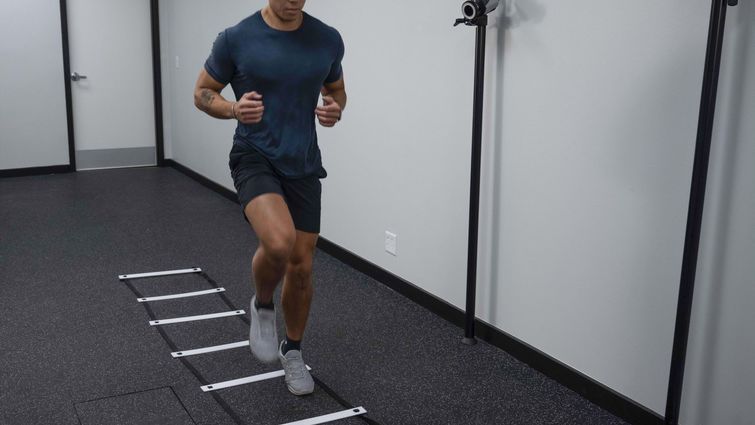
Findings by Loma Linda University researchers on lateral ankle sprains have been included in two new clinical practice guidelines established by the American Physical Therapy Association.
Researchers from Loma Linda University School of Allied Health Professions Physical Therapy Department identified an alternative approach to help clinicians examine and treat patients with chronic lateral ankle sprains and instability. They found that muscular impairments in the hip are associated with abnormal movement patterns in those individuals with chronic ankle sprains. Based on their study results, researchers recommend clinicians include hip muscle performance in the assessment protocol and support interventions with a special focus on the inclusion of hip muscles when treating patients with chronic ankle sprains.
The study, “Neuromuscular Control of Ankle and Hip During Performance of the Star Excursion Balance Test in Subjects With and Without Chronic Ankle Instability,” appeared in the Journal of Sports and Orthopaedic Physical Therapy (JOSPT) — the American Physical Therapy Association’s (APTA) flagship journal on evidence-based practice.
Evidence-based practice includes the integration of best available evidence, clinical expertise, and patient values and circumstances related to patient and client management, practice management, and health policy decision-making, according to the APTA.
Everett Lohman III, DSc, PT, OCS, director of the Orthoscience and Motion Capture Research Laboratory at the School of Allied Health Professions, and co-author of the study, says evidence-based practice helps to protect the consumer, and strengthens and advances the profession of physical therapy.
“We are very pleased that our first study using the Motion Capture Research Laboratory will have a national impact within the field of physical therapy,” Lohman says. “Our findings will drive changes in assessing and treating patients with lateral ankle sprains and chronic ankle instability.”
The study was referred to five times in the April 2021 edition of JOSPT’s “Physical Therapy After an Ankle Sprain - Using the Evidence to Guide Physical Therapist Practice” and were foundational for two of the new the 2021 Recommendations. In addition, the findings were also used to make new recommendations for the new “Perspective for Practice’ and ‘Perspective for Patients” in APTA publications.
Researchers conducted the two studies in LLU’s new state-of-the-art Motion Capture Research Laboratory, which uses force-plate technology motion to assess static and dynamic balance, gait, jumping to assess strength, joint reposition, and movement detection.
